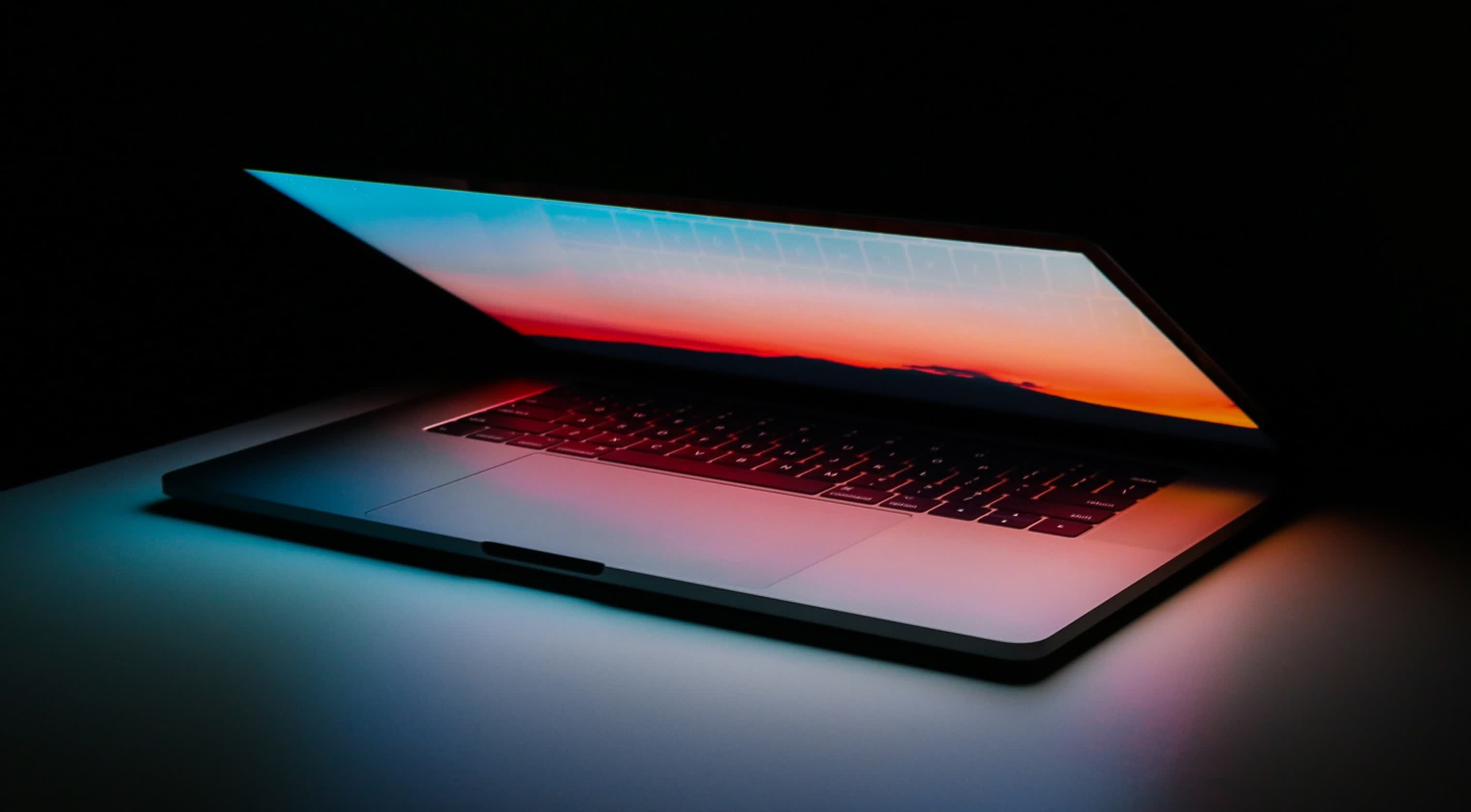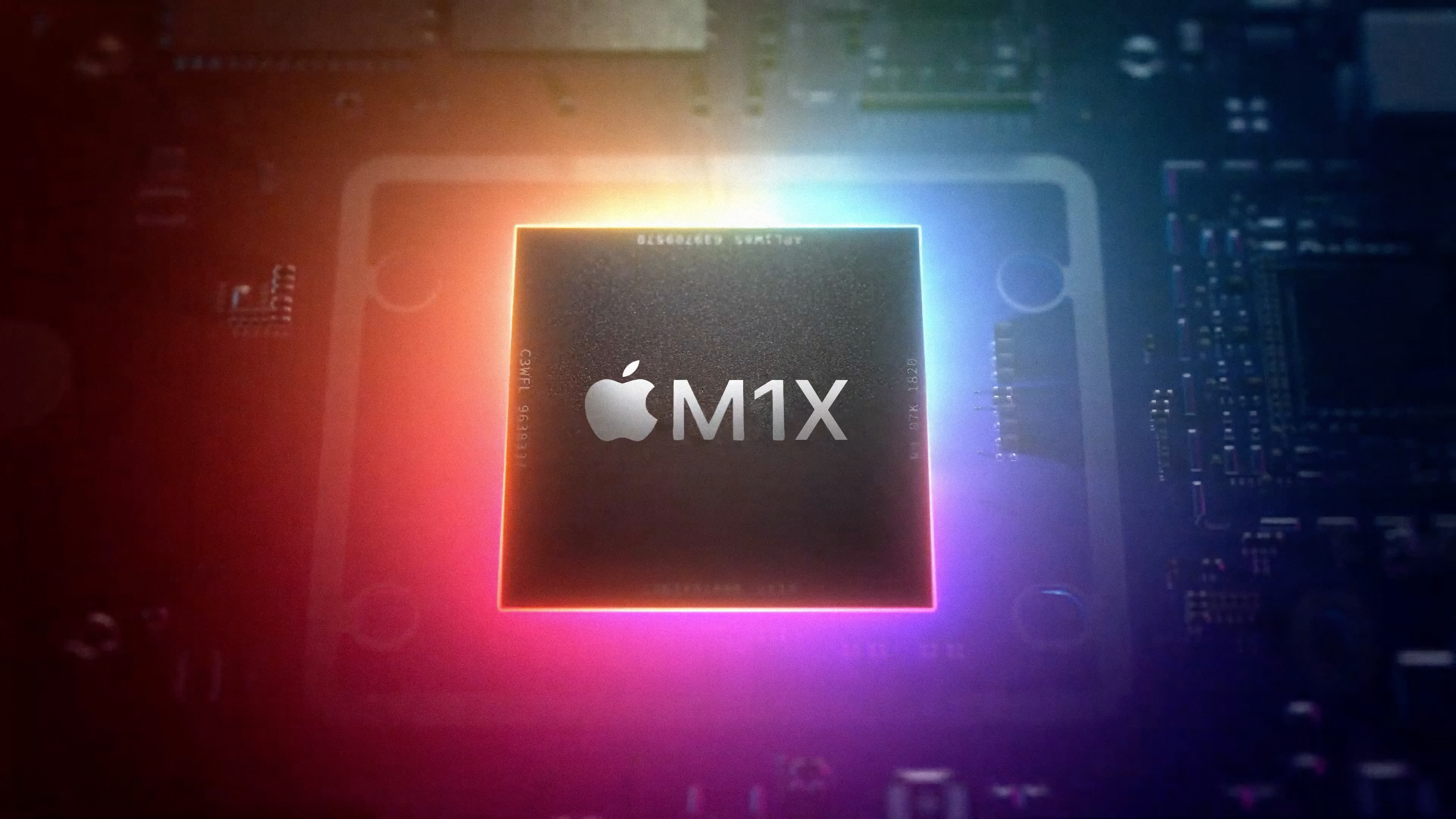In brief: Professionals who prefer working under the macOS environment have been waiting for a 16-inch MacBook Pro with Apple Silicon for a while, and it looks like their dream will come true in the coming weeks. At the same time, people who have been waiting for an OLED iPad Air will have to wait at least another year.
Now that the dust has settled following the recent iPhone 13 and Apple Watch Series 7 launch event, many are looking forward to seeing the much-anticipated MacBook Pro refresh that's rumored to feature the successor to the Apple M1 chipset that debuted in the 13-inch MacBook Air and 13-inch MacBook Pro last year.
According to Bloomberg's Mark Gurman, the ongoing Apple Silicon transition is well under way, and the M1X will break cover at an event sometime in the next four weeks. The new chip will reportedly come in two variants that will be based around a 10-core design that includes eight performance cores and two energy-efficient cores.

The main difference between the two M1X variants will be in the GPU configuration, which is going to integrate 16 cores on the lower-end version and 32 cores on the high-end model. Apple is also said to be working on an "M2" chipset that will power a new Mac Pro and a new iMac. As for the Mac mini, the company is expected to unveil an M1X-based refresh with more ports "at some point."
There's a high chance the upcoming 14-inch and 16-inch MacBook Pros will come equipped with higher-resolution Mini LED displays, as well as an HDMI port, SD card slot, and a new MagSafe charging connector. The Touch Bar may become optional again with this release as it is said to be on the way out.
Separately, renowned analyst Ming-Chi Kuo said Apple has delayed its plans to release an iPad Air with an OLED display due to cost and quality concerns. However, the much-awaited 11-inch iPad Pro with a Mini LED display is still on track for release next year. An iPad Air with an OLED display would have had the potential to cannibalize sales for the Mini LED iPad Pro models, but the current supply chain woes are a bigger worry for the Cupertino giant.
